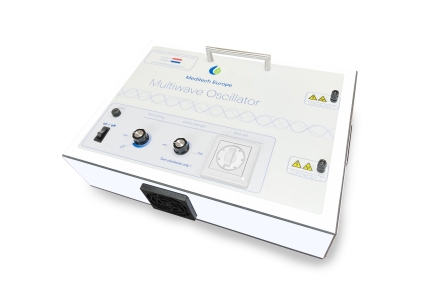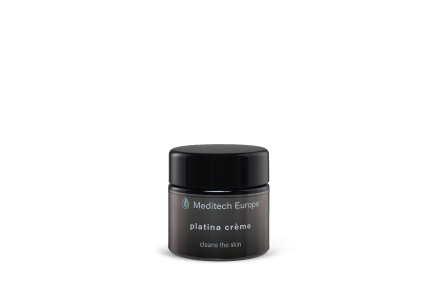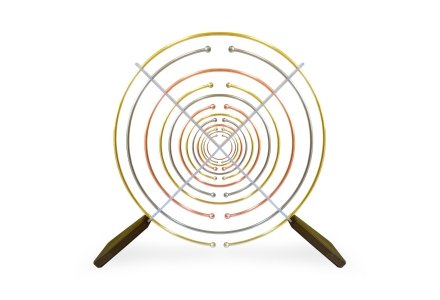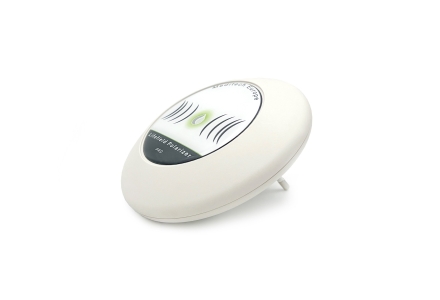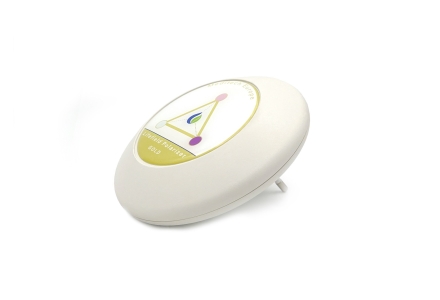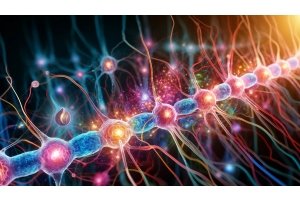
In our quest for a healthy and balanced life, there are numerous approaches and therapies that can help us. One of these approaches is Ayurveda, an approach from India that is gaining recognition and popularity in the West. In this comprehensive blog, we dive deeper into the world of Ayurveda, what it is and what you can achieve with ayurveda. We also dwell on doshas and the origins of Ayurveda. In addition, we will also introduce you to Meditech Europe, which is happy to offer advice and support in this area. Let's begin.
What is Ayurveda
Ayurveda is an ancient system of medicine that originated in India more than three thousand years ago. The word "Ayurveda" is derived from the Sanskrit words "ayur," meaning life, and "veda," meaning knowledge or science. Therefore, Ayurveda can be translated as the "science of life" or the "knowledge of life."
Ayurveda is a holistic approach to health and well-being that considers the physical, mental and spiritual aspects of an individual. The fundamental principles of Ayurveda are based on the idea that each person is unique, and their well-being is affected by a balance or imbalance of three fundamental energies or doshas.
Ayurvedic practices include guidelines for nutrition, herbal remedies, meditation, yoga and lifestyle recommendations tailored to an individual's constitution and imbalances.
What are Dosha 's
In the context of Ayurveda, doshas refer to the three fundamental energies or bioenergetic forces that form the basis of a person's physiological and psychological characteristics. The three doshas are Vata, Pitta and Kapha, and each represents a combination of the five elements (earth, water, fire, air and ether) in varying proportions. Here is a brief description of each dosha:
Vata: Vata is associated with the elements of air and space. It represents movement, creativity and flexibility. People with a predominant Vata dosha generally have a lean physique, are energetic, creative, but can also be prone to stress and irregular habits.
Pitta: Pitta is associated with the elements fire and water. It represents transformation and metabolism. People with dominant Pitta dosha usually have an average physique, are determined, goal-oriented, but can also be irritable and prone to inflammation.
Kapha: Kapha is related to the elements earth and water. It represents stability and structure. People with predominant Kapha dosha usually have a firm physique, are calm, tolerant and have good stamina, but may also be prone to weight gain and sluggishness.
According to the principles of Ayurveda, everyone has a unique combination of these doshas, known as your "Prakriti. Maintaining a balance between the doshas is considered crucial to maintaining good health, while imbalance can lead to physical and mental symptoms. Ayurvedic treatments, diet and lifestyle recommendations are aimed at restoring and maintaining dosha balance.
The origins of Ayurveda
Ayurveda has its origins in ancient India and is considered one of the oldest systems of medicine in the world. The origins of Ayurveda cannot be precisely dated, but it is estimated to date back more than three thousand years. The foundations of Ayurveda are recorded in the Vedic scriptures, specifically in the Rigveda and Atharvaveda, two of the oldest Vedic texts.
The basic principles of Ayurveda were eventually recorded in texts such as the Charaka Samhita and the Sushruta Samhita, which date from about 600-800 BC. These writings contain detailed information on anatomy, physiology, diagnostics, treatments and dietary guidelines according to the principles of Ayurveda.
Ayurveda has undergone evolution over thousands of years and has influences from various cultures and traditions. Despite changes over time, Ayurveda remains a holistic approach to health and wellness, aimed at maintaining balance and harmony in the body, mind and spirit.
How does an Ayurveda treatment take place
An Ayurveda treatment is highly personalized and based on the person's individual constitution (Prakriti) and any imbalances (Vikriti). Here is a general description of how an Ayurveda treatment may typically proceed:
Determining Prakriti and Vikriti: A qualified Ayurvedic practitioner will determine a person's constitution (Prakriti) through a thorough analysis of factors such as physique, personality traits, digestive patterns and more.
Any current imbalance or health problems (Vikriti) are also evaluated.
Dosha Balance Determination: Based on the Prakriti and Vikriti, the practitioner determines the current status of the doshas (Vata, Pitta, Kapha) and any imbalance in them.
Lifestyle and dietary recommendations: Adjustments in lifestyle and diet are suggested to restore dosha balance. This may include adjusting dietary habits, sleep patterns, and daily routines.
Herbs and supplements: Depending on individual needs, Ayurvedic herbal preparations or supplements may be prescribed to balance the doshas and address health problems.
Ayurvedic massage and cleansing procedures (Panchakarma): In some cases, Ayurvedic massage, such as Abhyanga, or cleansing procedures such as Panchakarma may be recommended to cleanse the body of toxins and restore dosha balance.
Yoga and meditation: Specific yoga postures (asanas) and breathing exercises (pranayama) may be recommended depending on dosha balance and individual needs. Meditation can also be introduced to support mental health.
Follow-up and adjustments: After starting the Ayurveda treatment, regular follow-up follows to assess progress. Adjustments to the treatment plan can be made based on the person's response to the therapy.
It is essential to approach Ayurveda with the guidance of a qualified Ayurvedic practitioner because treatments depend heavily on each person's individual characteristics and needs.
What products can support Ayurveda
One of the technologies that Ayurveda can support is the Multiwave Oscillator (MWO). The Multiwave Oscillator is a device that generates electromagnetic waves and is often used for therapeutic purposes in alternative medicine.
A patient's environment can affect organisms. Electromagnetic radiation, pollution and other environmental factors can negatively affect the health of organisms. The Multiwave Oscillator can help reduce these stressors and promote balance in a harmonious living environment.
Conclusion
Ayurveda is an ancient holistic medicine from India, based on the principles of maintaining balance between body and mind. It includes personalized approaches to promote health and prevent disease.
When applying Ayurveda, the Multiwave Oscillator (MWO) can be used as a support tool, with the goal of restoring balance to a healthy living environment.
Meditech Europe is ready to advise you on Ayurveda and provide you with products that can support it. For more information and questions, please contact us at info@meditecheurope.nl or +31527 292 331. We strive to contribute to the growth and development of Ayurveda as a valuable approach to health and well-being.
FAQ
Does Ayurveda add value in today's times?
Yes indeed, Ayurveda has added value in today's times because it offers a holistic approach to health and wellness, focusing on individual diversity, prevention and restoring balance. It can complement modern medicine and provide a complementary approach to lifestyle, nutrition and stress management.
What does an Ayurvedic therapist do?
An Ayurvedic therapist analyzes a person's constitution (Prakriti) and current imbalances (Vikriti) according to the principles of Ayurveda. Based on this, the therapist offers personalized advice on diet, lifestyle, herbal supplements, and may also recommend Ayurvedic treatments such as massage and Panchakarma to restore dosha balance and promote well-being.
What is an Ayurvedic lifestyle?
An Ayurvedic lifestyle includes healthy habits tailored to one's unique constitution (Prakriti) and any imbalances (Vikriti). It includes dietary choices, daily routines, appropriate exercise, stress management, and when necessary, the use of Ayurvedic herbs, to maintain the balance of the doshas and support overall health.
